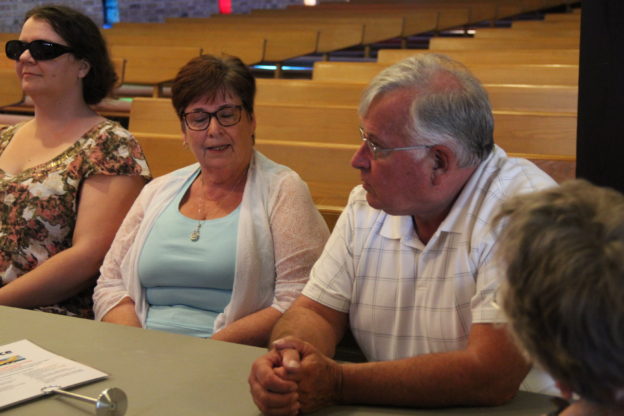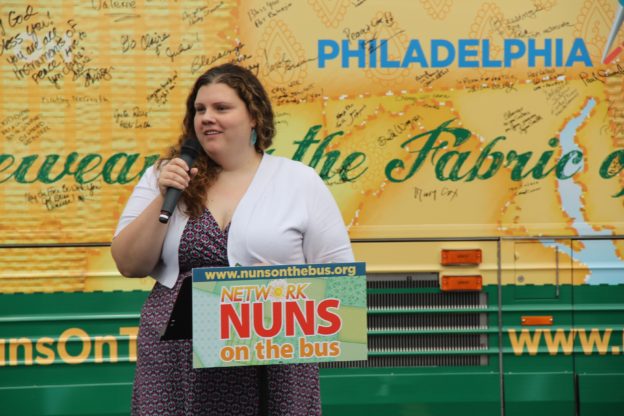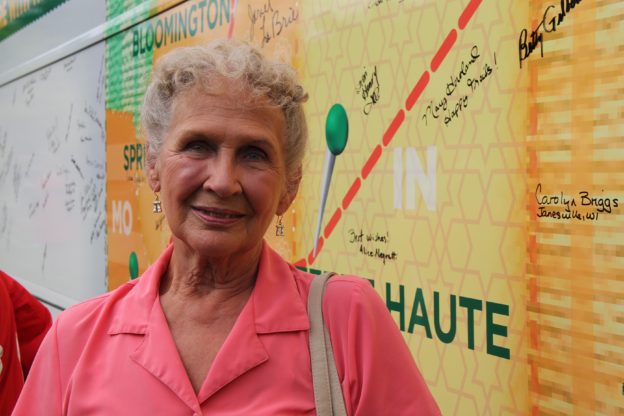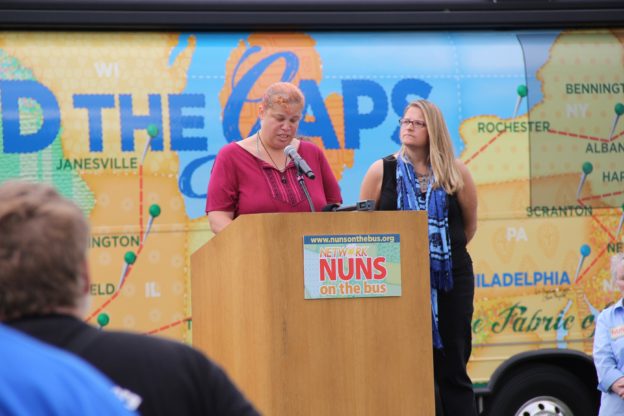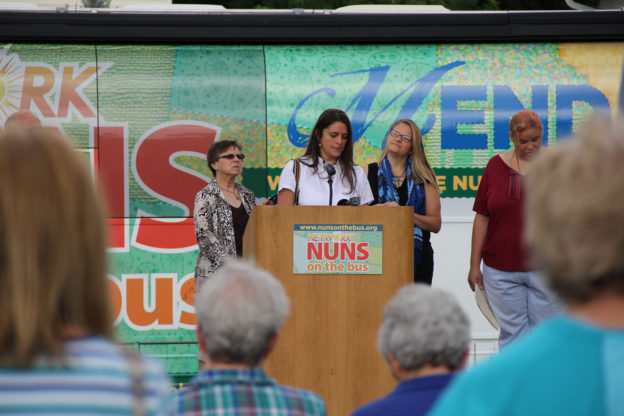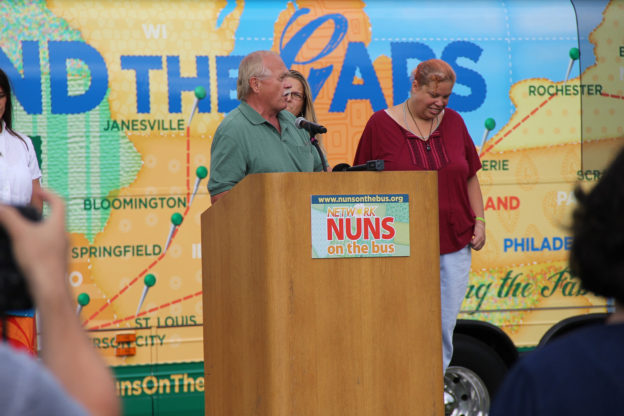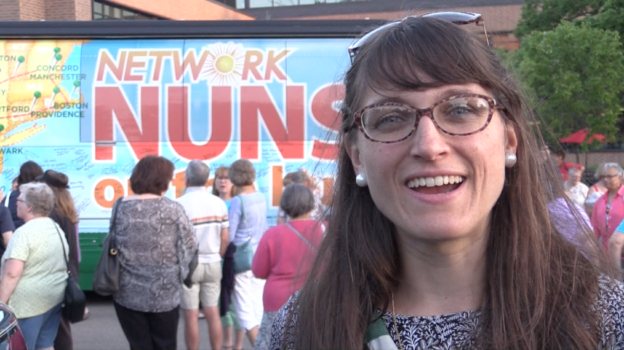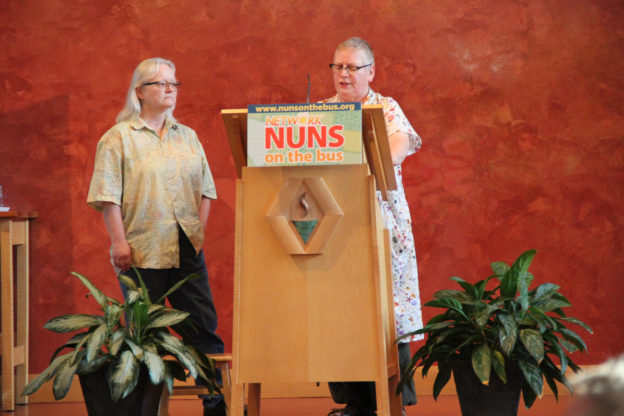Diana Ducett shares her experience with the payment system for her insurance for Illinois state employees.
In 2015 she had a procedure that carried a bill of $212. This month (July, 2016) she received a statement from a bill collector saying she owed the money. When she called her provider she found that they had yet to pay the bill- a year and one month after the procedure.







